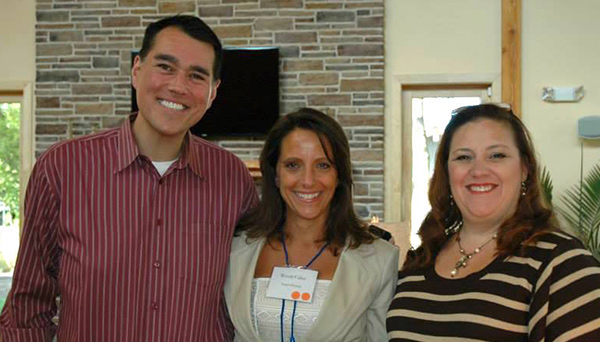For years educators have been asking, why are children behaving as they are? Why don’t they want to do anything? Why can’t they complete a task independently? Why do they seem so…impaired? Few people are talking about the parenting mythology with the urgency of a true crisis.
Myth #1: A Good Parent is an Entertainer
- Good parents provide constant fun
- Good parents do not force their children to entertain themselves
- Engagement in screen time has no negative repercussions
Myth #2: Expect Nothing But Joy
- Good parents are always liked by their children
- If children put up a big fuss, you must be doing something wrong and should change your parenting choices
- Good parents devote every moment of their free time to their children
- Good parents do not abandon children to do things on their own
Myth #3: Be a Friend Rather Than a Disciplinarian
- Parents don’t have to be the adults in the room
- If you do it right, your teenagers will be your friends and tell you everything
- Consequences are harsh and old-fashioned
- Good parents are partners with their children not figures of authority
- Children know what’s best for them
- Good parents do not expect their children to make contributions to the household
Myth #4: Ensure Success
- Good parents send their children to lots of classes that develop skills that will look great on their resumes
- The more you do for your children, the better prepared for their future they are
- Your child’s success is your trophy and the only reflection of your own success that really counts
- Telling children how great they are will make them feel great and actually be great
Myth #5: Parents Should Prevent failure
- Good parents frequently intervene on behalf of their children
- Good parents prevent failure
- Good parents do not allow suffering
- Good parents never allow their children to get hurt
These parenting patterns reduce our children’s efficacy, their chance to be intelligent, empathetic, creative, competent, resilient, determined, leaders. Moreover, the offspring of the affluent are at highest risk.
 Let’s remember that despite all of our best intentions and good parenting choices, there are no guarantees. Children are agents of free will who will make their own decisions. The best we can do is set our sights constantly on the future, on who we want them to become, asking ourselves what we have done recently to help our children develop this way.
Let’s remember that despite all of our best intentions and good parenting choices, there are no guarantees. Children are agents of free will who will make their own decisions. The best we can do is set our sights constantly on the future, on who we want them to become, asking ourselves what we have done recently to help our children develop this way.
Check out the insights from the Aspinall’s parenting class which address many of these parenting issues:
*Adapted text from Mrs. Calise’s State of the School.






Leave a Comment